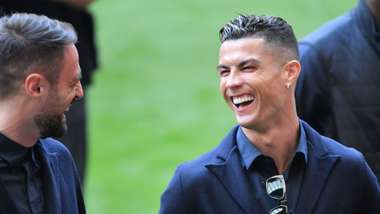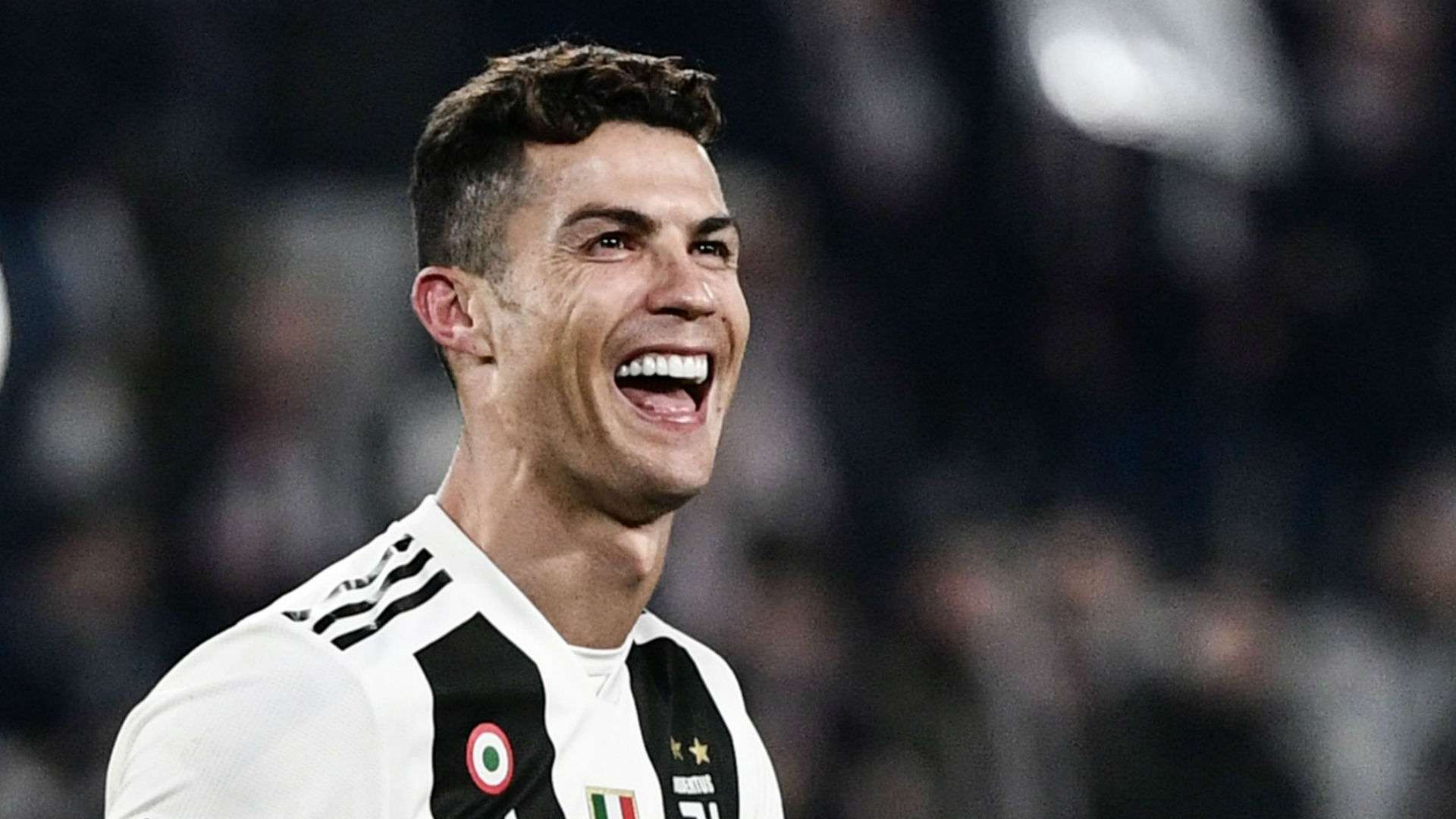The news that Cristiano Ronaldo would not be banned for Juventus' Champions League quarter-final against Ajax will have come as a major disappointment to fans of the Dutch side.
It looked as though the Portugal captain was in danger of being suspended for the game after his antics in the last 16 against Atletico Madrid, which involved a provocative celebration in front of Rojiblanco supporters.
There's no doubt that Ajax's cause would have been considerably boosted had Juve been deprived of their talisman but UEFA arrived at the decision not to issue a suspension.
As such, the 34-year-old has been included in Massimiliano Allegri's squad for the first leg in Amsterdam and, despite being injured recently, looks set to play a key role as the Bianconeri continue their quest for continental glory.
So what did Ronaldo do exactly and why did he escape a ban? Goal takes a look.
Why was Ronaldo not banned?
Fears that Ronaldo might be banned for the Champions League quarter-final arose in the immediate aftermath of Juventus' victory over Atletico Madrid.
Having scored a hat-trick in the second leg of the last-16 tie to overturn a 2-0 defeat in the first leg, Ronaldo seized the opportunity to gloat in front of opposition fans after the game. However, the nature of the celebration was problematic. Mimicking the action of Atletico boss Diego Simeone, who grabbed his crotch during the 2-0 first-leg victory over Juve, Ronaldo gestured towards his groin.
Prior to Ronaldo's 'tribute', as it were, Simeone had been found in breach of UEFA's disciplinary regulations and fined €20,000 (£17k/$22k) by the governing body for the action. According to UEFA, Simeone's exuberant 'cojones' celebration in front of his own fans constituted "improper conduct".
However, while he was fined, the Argentine coach was not hit with a touchline ban.
 Getty
GettyThe perceived difference between the two cases, which allowed speculation about a potential ban for Ronaldo, was that the Juve star's gesture was made towards opposition fans rather than his own fans. It was also reported by Spanish media that Ronaldo allegedly directed offensive remarks towards Atletico fans.
Despite that difference, UEFA appears to have treated the two cases the same, with the disciplinary committee deciding that Ronaldo should receive the exact same punishment as Simeone - a €20,000 fine, nothing more. It can be concluded therefore, in terms of punishment, that while Ronaldo's behaviour was considered insulting, in violation of the "basic rules of decent conduct" and it brought the sport into disrepute, it was not deemed to be any worse than that of Simeone.
Suggestions that their star man could or should be banned were treated with bemusement by officials at Juventus. Pavel Nedved, for example, defended the player, arguing that Ronaldo had been "insulted" by Atletico fans in Madrid. "It's a gesture that should remain on the field. The emotions expressed on the pitch should remain there," said Nedved, who added: "Let's go forward without any bans."

Team coach Allegri shared Nedved's assessment, downplaying the severity of the celebration. "Absolutely not," he said when asked if he thought Ronaldo would be banned for the quarter-final. "I think everyone celebrated their own way on the field and in the stands. I saw nothing strange, just a celebration. There won't be a ban."
Since UEFA's own disciplinary regulations state that a one-game suspension is applicable in cases where an individual has "[insulted] players or others present at the match" or engaged in "provoking spectators" - as could be argued in the Ronaldo case - the reason Ronaldo wasn't punished with a ban is probably as arbitrary as the confederation using its discretion.
Of course, that explanation does little to dispel the suspicion among the more cynical supporters that Ronaldo's reputation - and appeal from UEFA's perspective - had something to do with it.
It is a possibility that UEFA would have left itself open to an appeal from Juventus in the event that their punishment for Ronaldo diverged from that handed down to Simeone.
As well as that, the Italian club may have been able to argue that inconsistency of approach to disciplinary punishment - despite the apparent similarity of offence - set them at an unfair disadvantage if they wanted to pursue further recourse.





